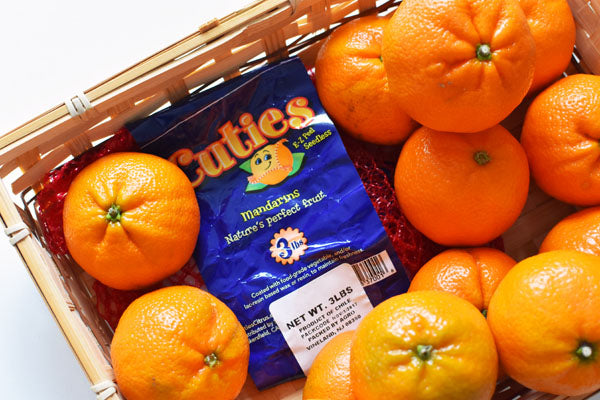

Insulin is a hormone that helps control blood sugar levels, while insulin resistance is a condition in which your body stops responding to insulin.įinally, oranges contain 6% of the DV for potassium.

Although results are mixed, studies suggest that this mineral may lower insulin levels and improve insulin resistance, blood sugar management, and symptoms of diabetes-induced eye disease ( 6, 11, 12). If you have diabetes, you may have an increased need for vitamin C to help reverse oxidative stress ( 10).Ī medium-sized orange also supplies 12% of the DV for folate. Notably, elevated blood sugar levels give rise to oxidative stress, which may cause cellular damage and disease. This vitamin also functions as an antioxidant - molecules that combat oxidative stress in your body ( 6, 9). Oranges contain numerous vitamins and minerals that may be particularly beneficial for people with diabetes.Ī medium-sized orange packs about 91% of the Daily Value (DV) for vitamin C. In a review of 15 clinical studies in people with type 2 diabetes, fiber decreased both fasting blood sugar levels and hemoglobin A1C, a marker of blood sugar regulation ( 7).įiber slows the rise of blood sugar levels after a meal by delaying the emptying of your stomach and shortening the time it takes food to move through your digestive tract ( 8). In particular, fiber-rich foods may improve blood sugar management ( 5).Ī medium-sized orange boasts 4 grams of fiber ( 6).

Fiberįiber goes undigested in your gut and has many health benefits, including disease prevention and management. Your body’s blood sugar response also depends on pairings with other foods like healthy fats or proteins. Still, GI shouldn’t be the only factor you consider when managing your blood sugar. High GI foods, which may cause a rapid rise in blood sugar levels, include dried fruits, breakfast cereals, and bread.īecause oranges have a low GI, they trigger a slow rise in your blood sugar levels, making them more favorable for people with diabetes. Eating foods that have a low GI may improve blood sugar management ( 4, 5). The glycemic index (GI) measures how quickly foods affect your blood sugars after a meal. When eaten in moderation, this citrus fruit is perfectly healthy for people with diabetes ( 3). Oranges are bursting with good nutrition thanks to their fiber, vitamins, minerals, and antioxidants.


 0 kommentar(er)
0 kommentar(er)
